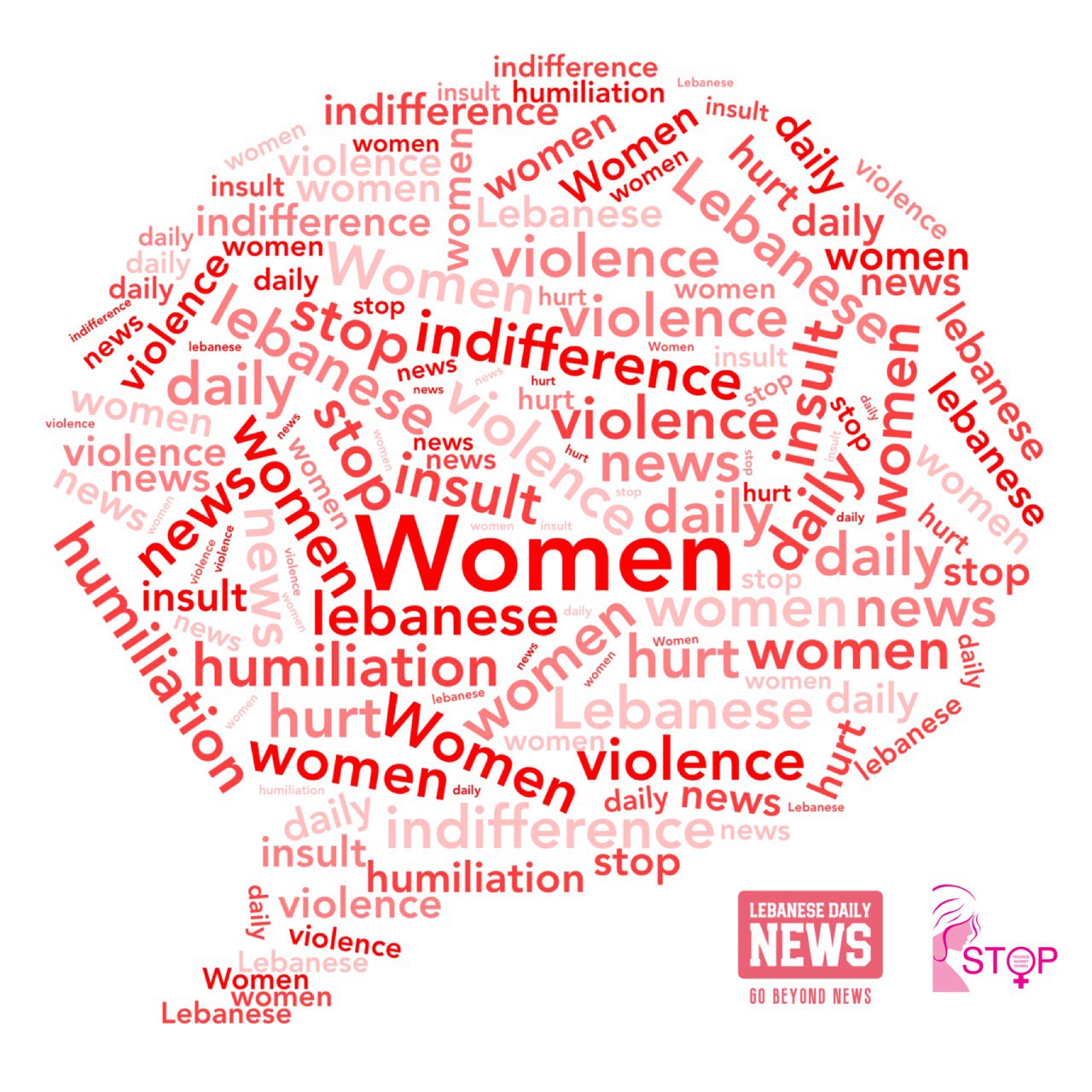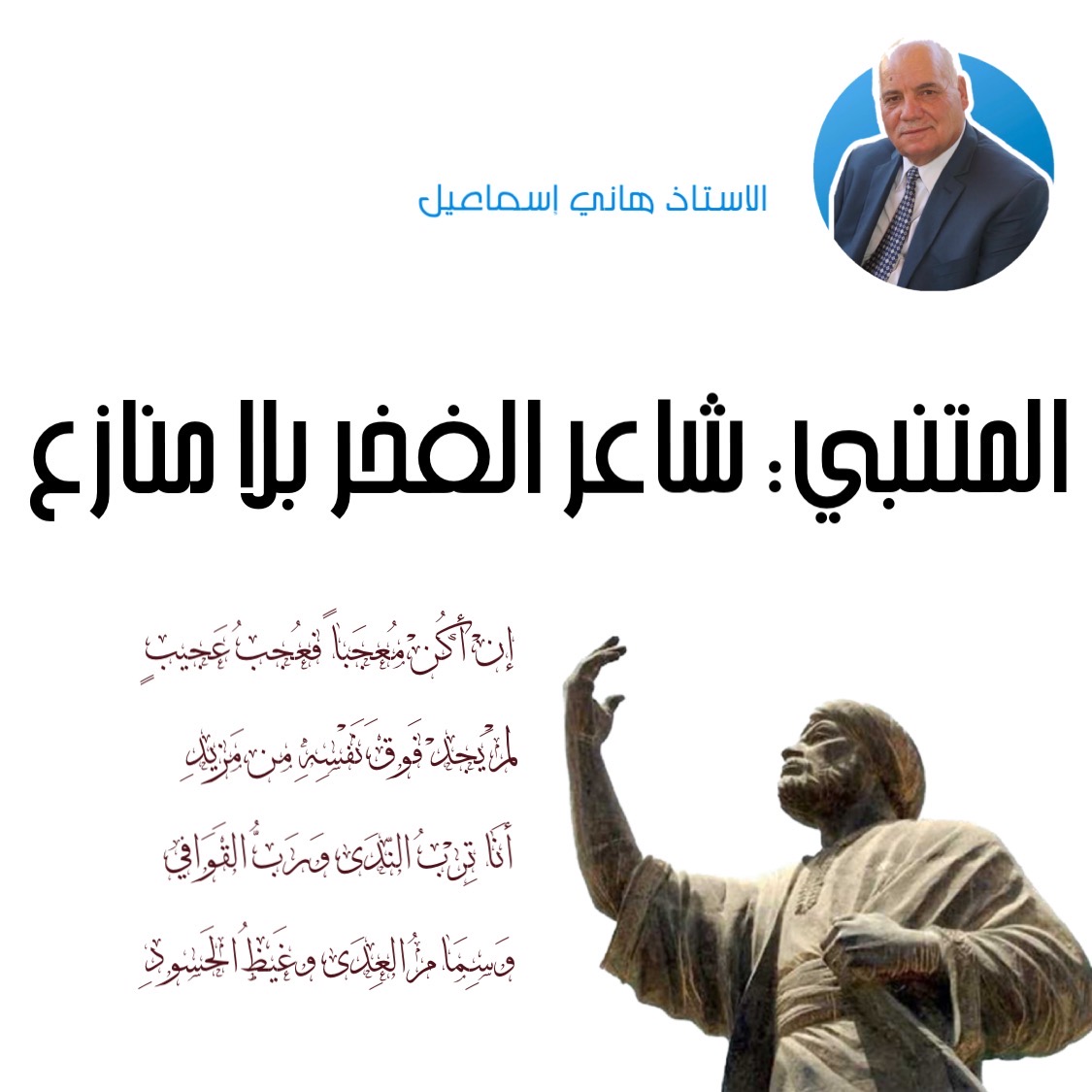4 reasons for violence against women in Lebanon
Violence against women is a global phenomenon that has been present for centuries. Lebanese society is no exception to this, and in the past few years, there has been an increase in violence against women. Despite Lebanon’s commitment to all international conventions that safeguard human rights, especially the rights of children and women, and despite the protective laws that have been enacted to prevent this phenomenon, violence continues to be a disease in the social life of the Lebanese, and the effective medicine for it has not been found to this day.
Violence against women is due to religious, social, economic, and educational reasons.
- Religious: many believe that religions have given men power over women, and they expand their understanding of this power so that they dominate a woman’s life and control the smallest details of her personal and feminine, whether she is a wife, Sister, Daughter, and even a mother in some cases. This power may develop into verbal and physical violence when objecting or arguing about rights and freedoms. Moreover, women in Lebanon often attribute their situation to fate/destiny, leaving them feeling powerless to effect change. The Lebanese government has tried to address this issue by passing laws, but they have not been very successful. One of the reasons for this is that Lebanon is one of the most religiously diverse countries in the world and each religion has different views on how to deal with violence against women.
- Social: every society has Customs and traditions, and in our masculine societies the authority of men is greatly entrenched, and in some closed societies women still walk behind men in the markets and streets, and women are still isolated from men’s councils and eat the rest of the food with the children after the men finish their meals. Society looks with contempt at those who treat women with great respect and call them the harshest phrases and descriptions, which may require a violent reaction from a man toward his wife to prove his superiority and masculinity. The Lebanese government has been unable to provide adequate protection and assistance to the victims of violence against women, who are often at risk of being rejected by their families and communities.
- Economic: the economic factor interferes with the psychological aspect when the financial ring is narrowed on a man’s neck, when he is subjected to abuse from his employers, and when the productivity of his work is weakened, the man finds no outlet for his trouble, distress, and depression except those weaker than him, who often depend on him for their living and expenses. He blows up in their faces, wounding, hurting, and beating them. The Lebanese economy is dire, with a large deficit and high unemployment rates. The economic crisis has led to an increase in violence against women, especially during the time of the Syrian conflict. The Lebanese government has taken some measures to address the issue, but more needs to be done.
- Educational: the child first receives educational and pedagogical vocabulary at home, then at his school as a complementary stage. The mixed-gender education is still a sensitive and thorny topic. In addition, educational curricula and methods are directly influenced by the social environment in the country, which still entrenches the idea of a patriarchal society. This issue, especially in a traditional society, is a very delicate one, as often the absence of a proper educational standard, and a view with a bad intention towards the opposite sex leads to the consideration of the issue of promiscuity in schools and universities as a moral deviation phenomenon. The Lebanese Ministry of Education aims to provide a quality education for all students in Lebanon by 2022. This includes girls and boys, both in rural and urban areas, with access to good schools with qualified teachers and curriculums that teach gender equality. In an effort to improve the quality of education for girls and boys, the Lebanese Ministry of Education has made it mandatory for all public schools to have at least one female teacher in each subject area by 2022. This will ensure that girls have a female role model while they are learning new skills or studying subjects like science or math which are traditionally male-dominated fields. Education is one of the most important factors in reducing violence against women and Lebanon has been making progress on this front, but more needs to be done.
Violence against women is a global issue that affects many countries. According to the World Health Organization, 1 in 3 women globally will experience physical or sexual violence in their lifetime. In Lebanon, the proportion of Lebanese women who have experienced violence is much higher: with about 50% of Lebanese women experiencing physical or sexual violence by an intimate partner at least once in their lifetime.
Violence against women is a complex issue with no single solution or solution that works for everyone, and its treatment needs to go beyond many amendments in legal texts and in the prevailing social systems. But no matter how great the difficulties and obstacles are, it is no longer possible to keep silent about them and ignore them. To improve the situation for Lebanese women, UN Women recommends enforcing existing laws prohibiting violence against women; developing a national strategy to combat gender-based violence; establishing specialized services for survivors of gender-based violence; and undertaking public awareness campaigns about gender-based violence.




